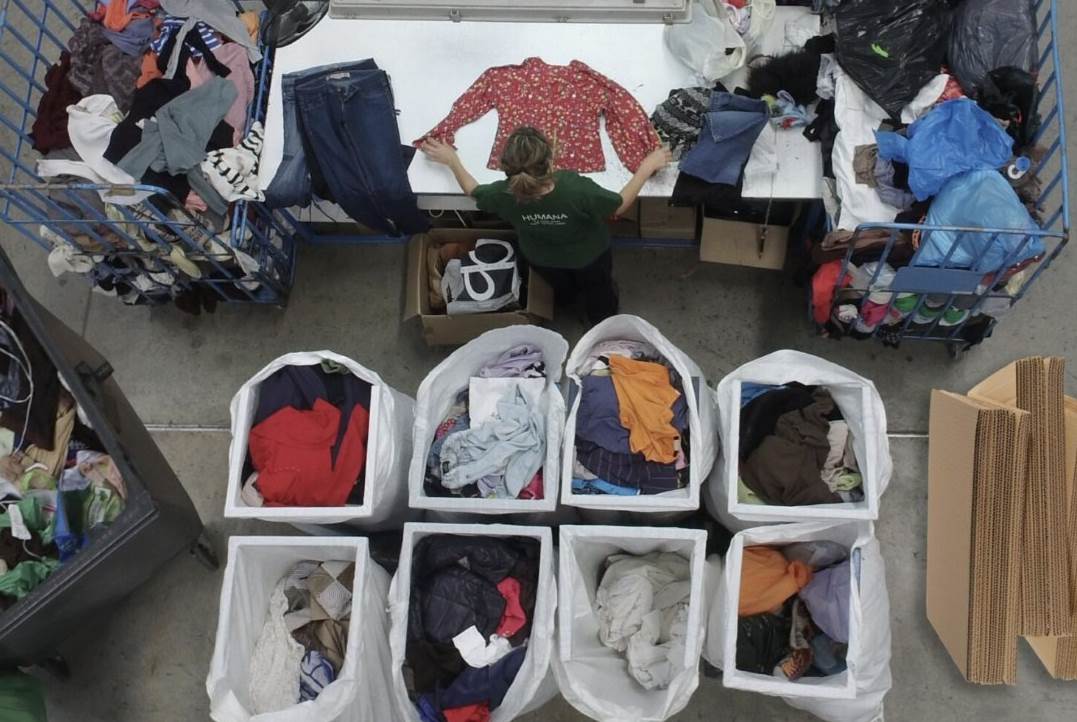New insights into used clothes trade
11/10/2024

“The Socio-Economic Impact of Second-Hand Clothes in Africa and the EU27+” was commissioned by Humana People to People, a federation of humanitarian and sustainable development associations, and Sympany+, a Dutch non-governmental organisation dedicated to sustainable textile circularity.
The report estimates that in 2023 exports of second-hand clothing from the EU27+ contributed some $76 million to Ghana’s GDP and supported 65,000 formal and informal jobs. That same year, it contributed $17 million to Kenya’s GDP and $10.7 million to that of Mozambique. This trade concerns some 6,300 people in Kenya’s formal workforce and around 68,000 informal workers. In Mozambique, 5,700 formal jobs were supported and at least 15,000 informal jobs.
Up to 47% of imported second-hand clothing to Ghana was from the EU27+ last year, it represented 18% of Mozambique's direct imports and 13% of Kenya’s (excluding imports arriving via intermediary countries). Its research found that imports of used clothing from the EU are growing only in Ghana, and though overall imports of second-hand clothing are growing in Kenya and Mozambique, the EU’s share is falling.
Regulatory challenges
The EU will be amending its Waste Framework Directive, which affects the second-hand clothes trade, later this month. Oxford Economics’ report highlights the need for regulations that support what it says is a circular and sustainable sector at risk of losing its competitive edge to Chinese fast fashion manufacturing giants that produce new, cheaper and lower quality garments. It urges decision makers involved in these discussions to support textile reuse operators, which are experiencing critical market conditions, as seen at SOEX. The mandatory separate textile collection that will come into force across the EU in January 2025 will also impact the sector, negatively or positively. “If steps are not taken to strengthen the EU’s second-hand clothes sector, its success in supporting European green policy goals, national climate targets in Africa and Sustainable Development Goals, particularly around poverty, women’s inclusion and responsible consumption, could be undermined,” it stated.
Click here for an overview of the second-hand clothes trade published in our latest issue.
Photo: second-hand clothing in a sorting centre











